Red river dolphin
Oceanographer Miriam Marmontel, from the Mamirauá Institute, recently returned from another expedition in the Amanã reserve, and describes the situation of the pink river dolphins. She talks about the threats and solutions for generating sustainable income.

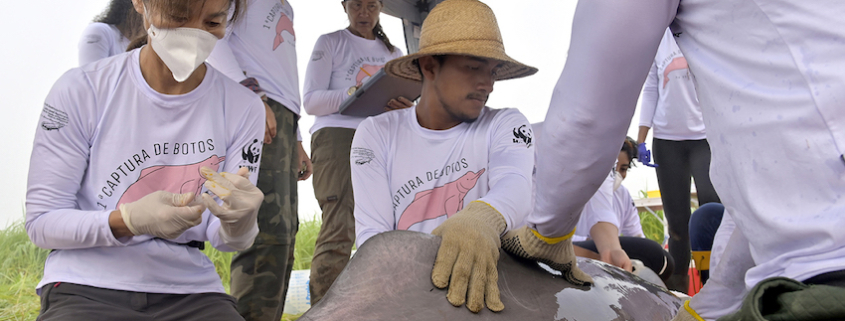 Adriano Gambarini
Adriano Gambarini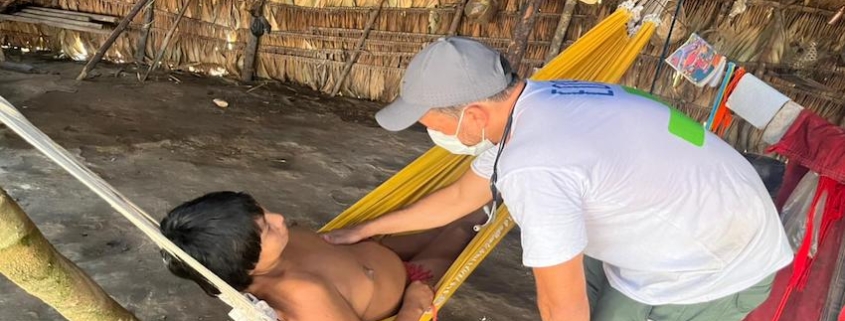 Expedicionários da Saúde Collection
Expedicionários da Saúde Collection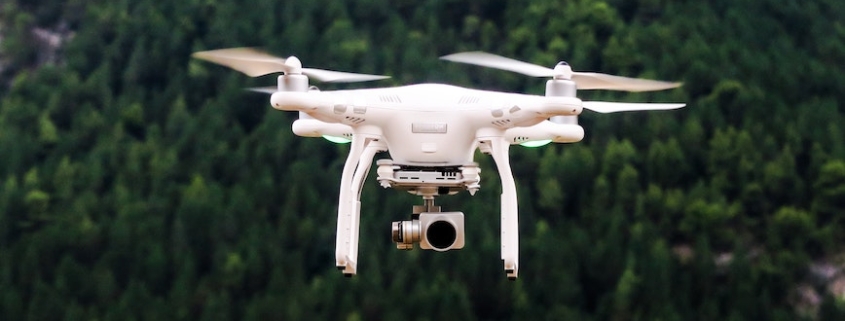 Jason Blackeye/Unsplash
Jason Blackeye/Unsplash
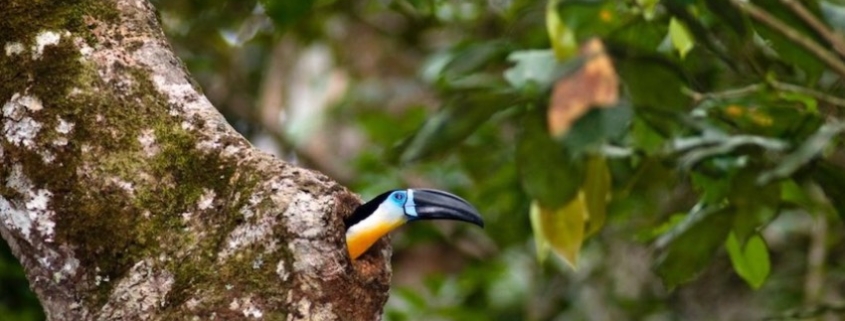 Adriano Gambarini
Adriano Gambarini National Ignition Facility (NIF)
National Ignition Facility (NIF)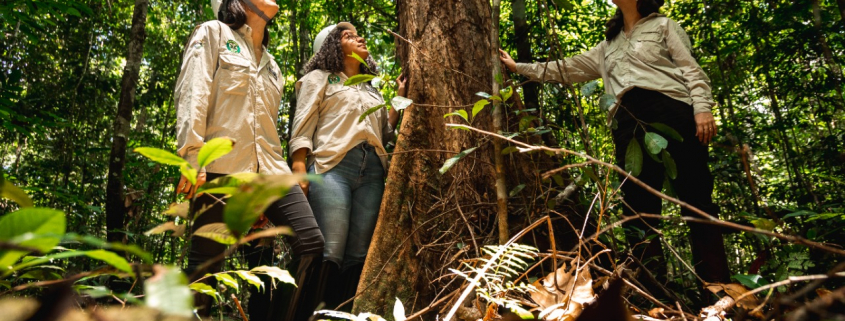 Carbonext
Carbonext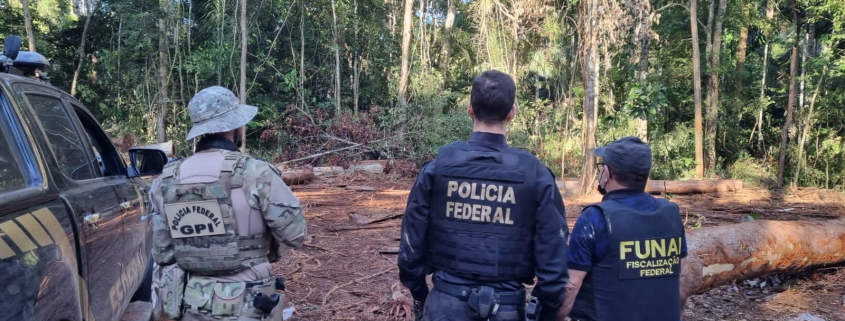 Luciene Kaxinawá
Luciene Kaxinawá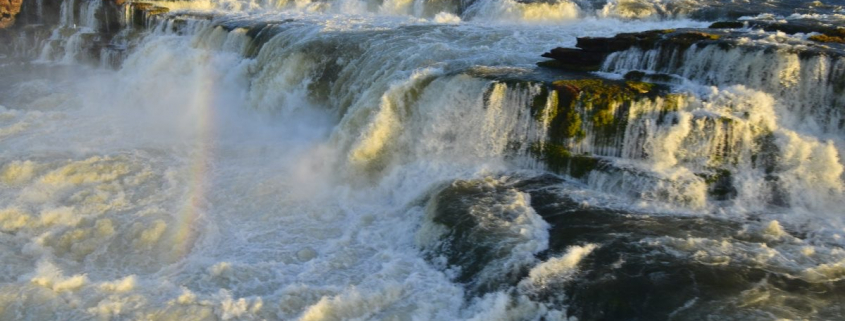 Adriano Gambarini
Adriano Gambarini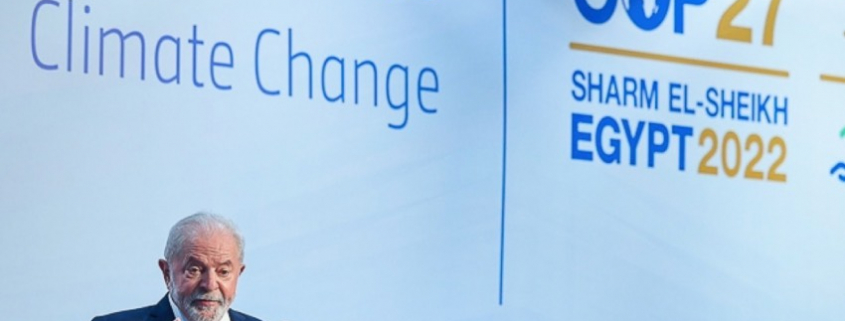 Ricardo Stuckert
Ricardo Stuckert